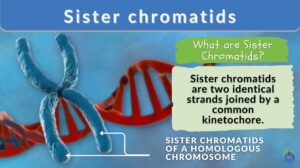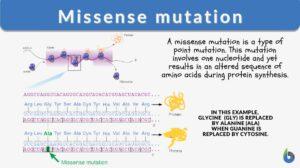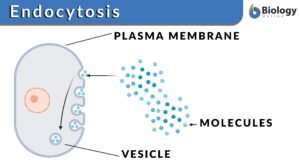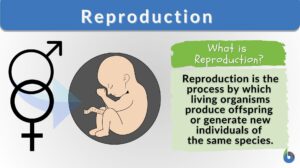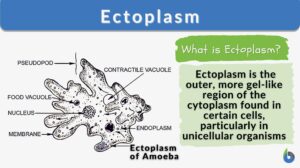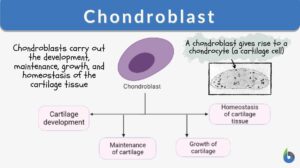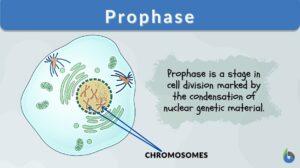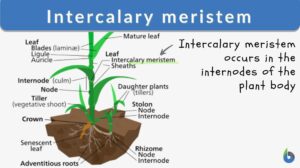Search Results for: formation
Rosette formation
rosette formation The in vitro formation of clusters consisting of a cell (usually a lymphocyte) surrounded by antigenic... Read More
Dehydration reaction
What is dehydration synthesis? A dehydration reaction is a form of biochemical reaction wherein a water molecule is lost or... Read More
Phosphodiester bond
Phosphodiester Bond Definition Phosphodiester bonds are the backbone of the strands of nucleic acid present in the life... Read More
Bone matrix
Bone Matrix Definition Bone matrix refers to the matrix component of bone tissue. It provides the structural framework and... Read More
Conjugation
Conjugation generally means the joining or coming together (union), such as in certain unicellular organisms (some bacteria,... Read More
Cell division
Cell division is a biological process by which a parent cell duplicates its cell contents and divides to give rise to two or... Read More
Sister chromatids
Sister Chromatids Definition Sister chromatids are defined as the two identical copies of a single replicated chromosome... Read More
Missense mutation
What is a missense mutation? Literally speaking, a mutation that changes the meaning of the encoded gene sequence is the... Read More
Asexual reproduction
Asexual Reproduction Definition What is asexual reproduction? Asexual reproduction is a type of reproduction that does not... Read More
Light-dependent reaction
Many organisms, such as green plants, convert light energy into chemical energy through the mechanism of photosynthesis. In... Read More
Pattern formation
pattern formation (Science: cell biology) One of the classic problems in developmental biology is the way in which complex... Read More
Endocytosis
Endocytosis Definition What is endocytosis in biology? Endocytosis is a cellular process by which a cell internalizes any... Read More
Cytokinesis
The cell cycle of eukaryotes is a cyclical series of biological events that certain asexual cells go through. The cell cycle... Read More
Reproduction
Reproduction Definition Reproduction is a biological phenomenon of producing offspring/s. i.e. more of its kind. Depending... Read More
Light-independent reaction
The process of photosynthesis is a biological procedure in which plants produce oxygen and energy (sugar) by using light... Read More
Chondroblast
There are two forms of cells in cartilage: chondroblasts and chondrocytes. The chondroblasts are cells that secrete the... Read More
Law of Segregation
Mendel’s Laws of Inheritance The father of genetics, Gregor Mendel, reported his findings in 1860 that initially were... Read More
Sympatric speciation
Speciation is a process of evolution through which two different existing populations evolve and a distinct species form. It... Read More
Intercalary meristem
The basic structural framework of plants is composed of different types of tissues. Based upon the capacity to divide, the... Read More
Embryology
Embryology Definition Embryology is a branch of biology that deals with the topics concerning gamete formation... Read More
Fibrinous exudate
What Is Fibrinous Exudate? Fibrinous exudate is a type of exudate (inflammatory fluid) that forms at the site of tissue... Read More
Cell adhesion
Cell Adhesion Definition Cell adhesion is the process in which a cell uses a specialized complex of proteins to get... Read More
Pseudopodia
A pseudopodium (plural: pseudopodia) refers to the temporary projection of the cytoplasm of a eukaryotic cell. Pseudopodia... Read More














